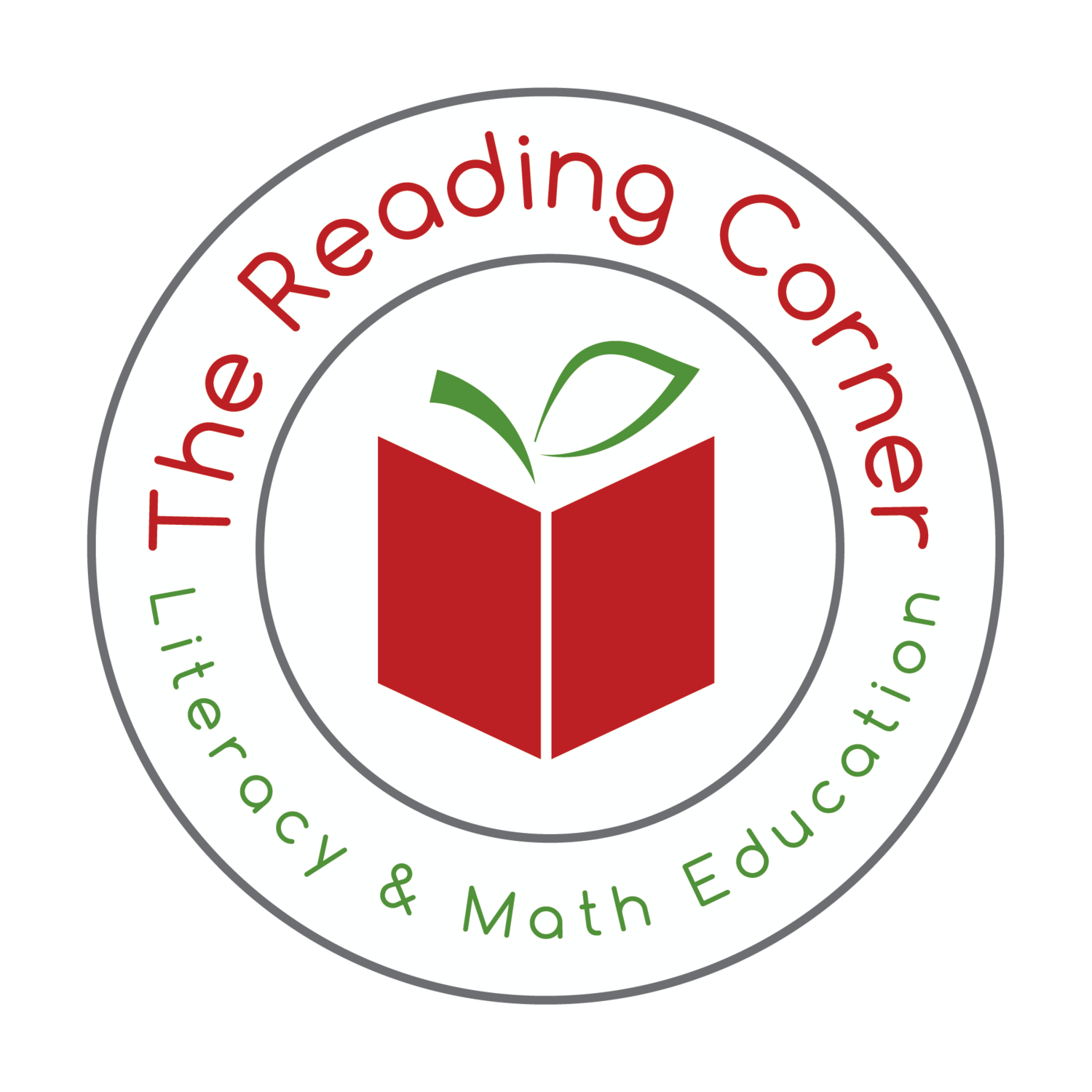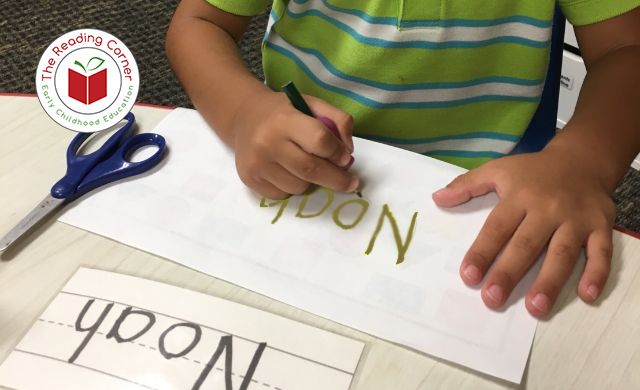How Does A Child’s Writing Develop?
Children learn skills that are important to the development of reading and writing during early speech and language development. This stage is known as emergent literacy, and it begins at birth and continues through the preschool years.
During emergent literacy, children move through a series of stages while they are learning to write. The stages reflect a child's growing knowledge of the conventions of literacy, including letters, sounds and spacing of words within sentences. Almost every interaction in a child's world is preparing them to become a reader and writer. The stages are:
Stage 1 – Drawing/Picture Writing & Scribbling
Children begin expressing their thoughts, feelings and ideas with pictures and scribblings. As a child grasps a crayon or pencil with a full fist, he is exploring with space and form.
Stage 2 – Random Letters
Children begin to print their own names and put “strings” of letters across the page, usually upper-case consonants, without attention to spaces between words or directionality. Children often copy reading and writing behaviors at this point.
Stage 3 – Semi-phonetic (Early Spelling)
Children begin to use their knowledge of some letters and letter sounds to print words. Some begin writing from left to right, especially when the process of printing words is demonstrated for them daily. During this stage, reversals are common – don’t worry.
Stage 4 – Phonetic
Children have now learned more letter/sound associations (the sound of “m” is mmmm) and are applying them to their writing. Many times, they might get the beginning and ending sounds of words correct, but vowel use is less frequent.
Stage 5 – Transitional Spelling
Children start to remember things like leaving spaces between words, a capital letter at the beginning of a sentence and even a period or question mark at the end. They often write more than one sentence and are applying many letter/sound associations.
Stage 6 – Conventional Spelling
Children can now spell many words correctly and have memorized many words that do not sound out easily. They call upon their knowledge of phonics to spell words that they are unfamiliar with and will check how words are spelled in child friendly dictionaries.
At all stages, it's important to acknowledge and praise the writing efforts of your young child. Find opportunities to have your child share his work with others. Make sure his efforts are proudly displayed in a special place or on the refrigerator. Show your children that reading and writing are fun, and how important they are to everyday life.
For helpful tips on what to do to teach writing to your child, read our blog on writing lessons by visiting www.thereadingcorner.org/blog/writing-lessons.

